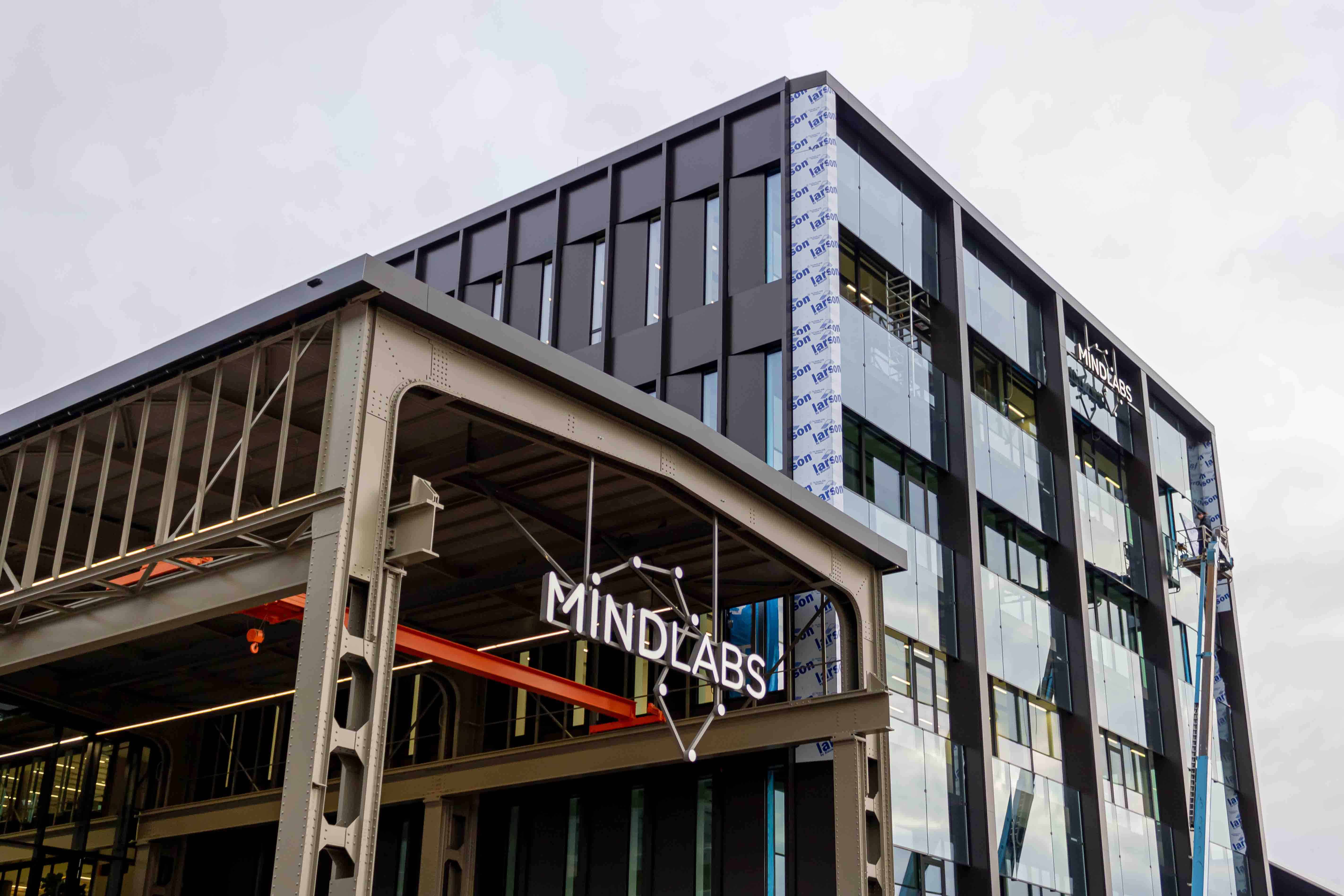
Almost half of teachers feel unprepared for the artificial intelligence (AI) revolution sweeping through the education sector, according to a report by Oxford University Press. Despite AI’s significant potential to enhance teaching techniques and accelerate research, concerns about privacy and inequality linger, and there’s a pressing need for educators to adapt. Teachers acknowledge the benefits of AI but express caution regarding potential risks such as plagiarism and over-reliance on devices. The report, based on research from over 8,000 educators worldwide, reveals extensive global growth in AI adoption in education.
- Almost half of teachers feel unprepared for AI’s increasing prominence in education and need support.
- The EU’s proposed AI Act aims to regulate AI usage, ensuring safety, transparency, and non-discrimination.
- AI’s rise prompts rethink on traditional examination methods, pointing towards ‘flipped classroom’ approaches.
The rise of AI in education
AI’s impact on education has been remarkable. It has the potential to redefine teaching and learning practices, offering benefits such as improved research speed, cross-language communication and personalised learning experiences. The AI in Education market revenue, projecting an expected surpass of 20 billion by 2027, is a testament to its growing significance. Furthermore, the use of AI in education is on the rise globally, driven by the availability of generative AI (GAI) tools.

A number of digital resources, supported by machine learning, are already in use in many learning settings, offering adaptive and personalised learning. An example is AI-supported platforms like Perusall, which enhance student engagement and provide valuable insights for lecturers. More than 70% of teachers are optimistic about the role of AI in education, and 68% of learners attribute better grades to AI, indicating a positive outlook on the potential benefits of AI in education.
Adapting to AI: The educators’ challenge
Despite these advancements, a significant number of educators are grappling with the impact of AI. According to the Oxford University Press report, 49% of teachers feel unprepared for the impact of AI. The report revealed that 88% of teachers believe they would benefit from relevant insights and research on AI being collated in one place. There is a pressing need for educators to adapt their teaching practices and curricula to this AI-driven age of education, and for this, they need guidance and support.

Teachers need to engage in active discussions with learners about the do’s and don’ts of AI use. They also need to address concerns about fairness, privacy, and the ethical implications of AI cheating tools in education. The report also highlighted the need for governments and educational resource providers to support the adoption of AI tools by teachers with a clear educational focus.
The role of policy and regulation
The rapid growth of AI in education has prompted action from policy makers. The EU is proposing the first regulatory framework for AI, aiming to ensure better conditions for its development and use, with a focus on making AI systems safe, transparent, non-discriminatory and environmentally friendly. The AI Act calls for different rules for different risk levels, with high-risk AI systems undergoing assessment before being put on the market and throughout their lifecycle. AI systems in education will have to be registered in an EU database, creating an essential regulatory framework for AI use in education.
Further international collaboration is visible in the partnership between UNESCO and the European Commission, with a dedicated budget to support the least developed countries getting access to AI. This collaboration aims to accelerate the global implementation of the UNESCO Recommendation on the ethics of artificial intelligence. Access to AI has the potential to act as an equalizer, breaking barriers of geography and resources to offer quality education for all. For those with limited educational opportunities, AI can provide customized learning experiences, helping bridge the educational divide and promoting inclusive learning.
The future of AI in education
AI in education is still in its early stage, but its impact is already significant and growing. As more people start to adopt, embrace, and experiment with AI, governments and education leaders need to take action to equip both pupils and teachers with the necessary skills so that they can thrive in an AI-enabled future.

The rise of AI in education brings with it the challenge of evolving traditional examination methods. AI technologies such as Chat GPT are forcing universities and teachers to rethink how students’ knowledge is tested. This transformation extends to the classroom, with Ethan Mollick, Associate Professor at the Wharton School, highlighting the concept of the “flipped classroom” and “active learning” as a promising approach in integrating AI in education.






